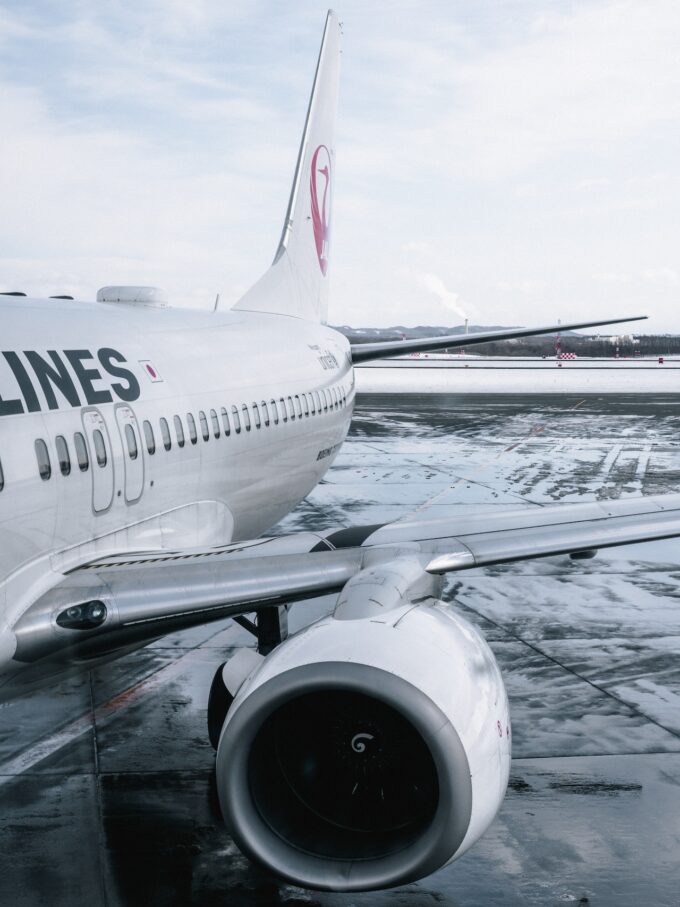
Medical repatriation services can transport you home when you travel abroad and become seriously ill or injured. It’s a separate service from medical evacuation, which brings patients to the nearest hospital or healthcare facility. Medical repatriation on a scheduled airliner is ideal for stable patients who can lie down during the flight without intensive care.
Cost-Effectiveness
Airline medical repatriation services are cost-effective for patients who must fly for serious health reasons. The airplanes that are used for this type of transportation are called air ambulance planes. These planes are fitted like ground ambulances with equipment similar to what is found in an Intensive Care Unit. They include scoop stretchers, oxygen tanks, biphasic defibrillators, patient monitoring systems, and infection protection kits. They can also be equipped with pediatric incubators for infants and babies. Depending on your insurance coverage, an air ambulance company can arrange a life flight. This service is a lifesaver for anyone injured during their trip abroad. However, it is essential to note that this service can only be availed if you have the right travel insurance.
Faster Arrival
Medical repatriation is critical for patients suffering an injury or illness abroad. This is because it allows them to return home for quality medical care and avoid healthcare debt that may be accrued in a foreign country.
Whether an injured or sick traveler needs an air ambulance or medical escort service, the process usually begins with a consultation to confirm that the repatriation is necessary and appropriate for the patient. Then, the services provider will handle all aspects of the transport, including planning and booking flights, contacting hospitals and healthcare providers at the patient’s destination, and providing support throughout the journey.
Repatriations on scheduled airlines offer several benefits, such as increased patient comfort, affordability, and faster arrivals compared to the lengthy layovers associated with air ambulance jets. However, this method of repatriation also requires a high level of coordination between the discharging and receiving facilities to ensure continuity of care and specialized equipment configurations are met.
Peace of Mind
If you or a loved one suffers a medical emergency while traveling abroad, your best action is to book a repatriation flight. Repatriation is a different process than evacuation, bringing patients home to their country.
Repatriation flights allow patients to receive better medical care back at home and help prevent healthcare debt. In many countries, hospitals require payment before a patient is released, which can add up quickly.
An air ambulance can ensure that a patient is repatriated to their home country as soon as possible, and they will take care of the necessary paperwork and travel arrangements. If you want peace of mind when you travel, consider purchasing a trip insurance plan that includes medical repatriation services. An annual plan can save money if you travel often and may be cheaper than paying for individual trips. Make sure to check the accreditations of an air ambulance service to ensure they have a consistent process that you can trust.
Safety
Medical repatriation services are designed for individuals who become critically ill or injured while traveling abroad and cannot receive adequate care in their current location. A patient may require a medical flight with dedicated equipment, ground transportation coordination at the departure and arrival points, and admission coordination at the destination hospital.
During medical repatriation, a patient is transported lying down aboard a scheduled commercial airline plane in the company of a medical professional. Repatriation staff have mastered the ability to transport patients on commercial flights while respecting other passengers’ comfort by fostering close relationships with airlines over time, establishing trust that can only be built through extensive experience. This has become especially important during the pandemic when airlines have tightened their travel requirements to protect passengers.














